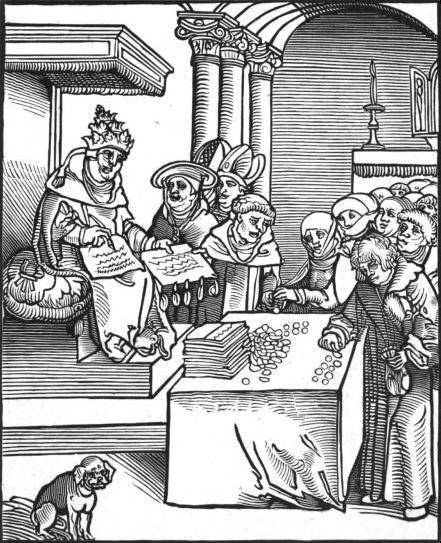 |
| Appearing in a much happier color, Colonial Meeting House, Cohasset, Mass. (From: Wikimedia) |
Picture in your mind a rural New England landscape with a church. Your mind is probably picturing that church with white paint. Mine does, anyway. But your mind's eye in that case would only be accounting for church decor from the 1830s onwards. The white color is a product of the Greek Revival architectural movement that arrived in New England around that time. Prior to this decade, New England meeting houses and churches could be seen in an amazing variety of colors in addition to white. The most popular paints for these public buildings in the 18th century were, in order of popularity: 1) yellow or light yellow, 2) white, 3) gray, 4) blue, 5) red, 6) orange, and 7) green. As unappealing as a black colored meeting house called "The Coffin" seems today, it must have had an even greater affective impact in a time when so many other churches were painted in brighter, happier colors.
Benes does not mention where this meeting house called "The Coffin" was located, so we don't know much about the theology of the preaching that was done there. However, consider the possibility of walking into "The Coffin" on a Sunday morning and hearing a sermon such as Jonathan Edwards's "Sinners in the Hands of an Angry God"!



